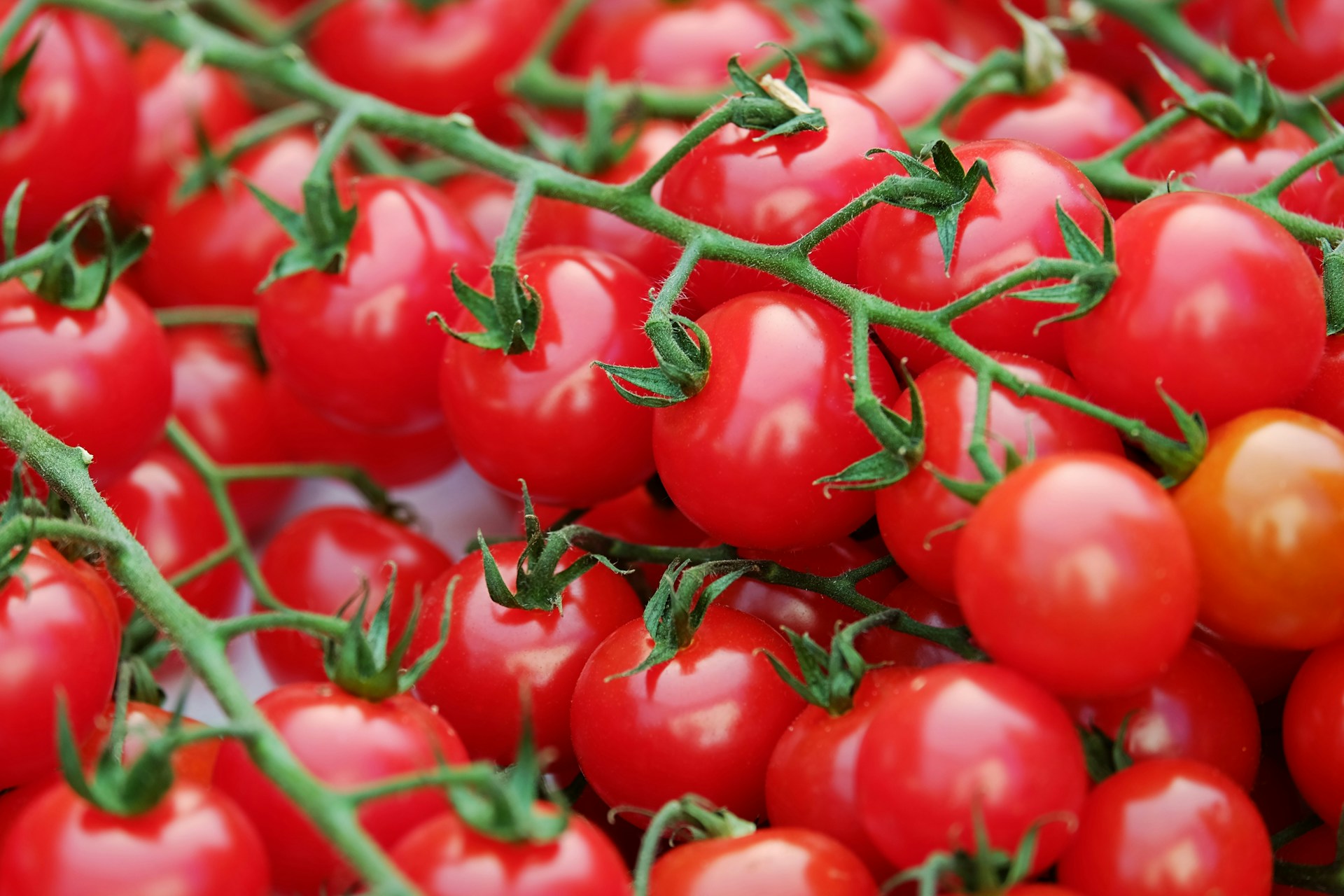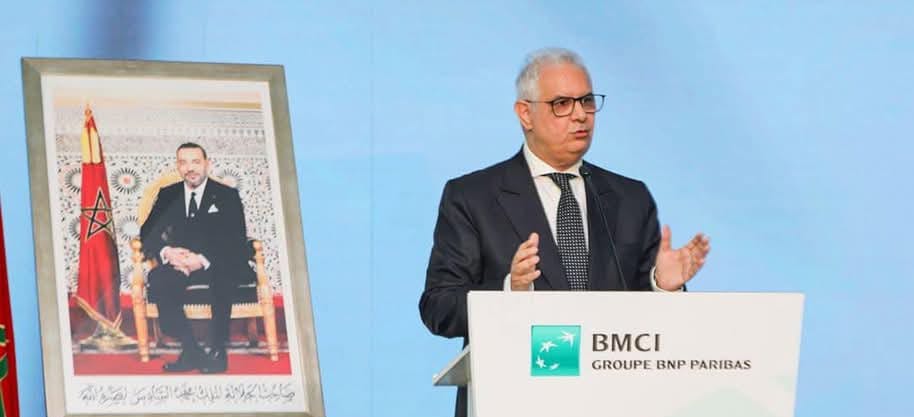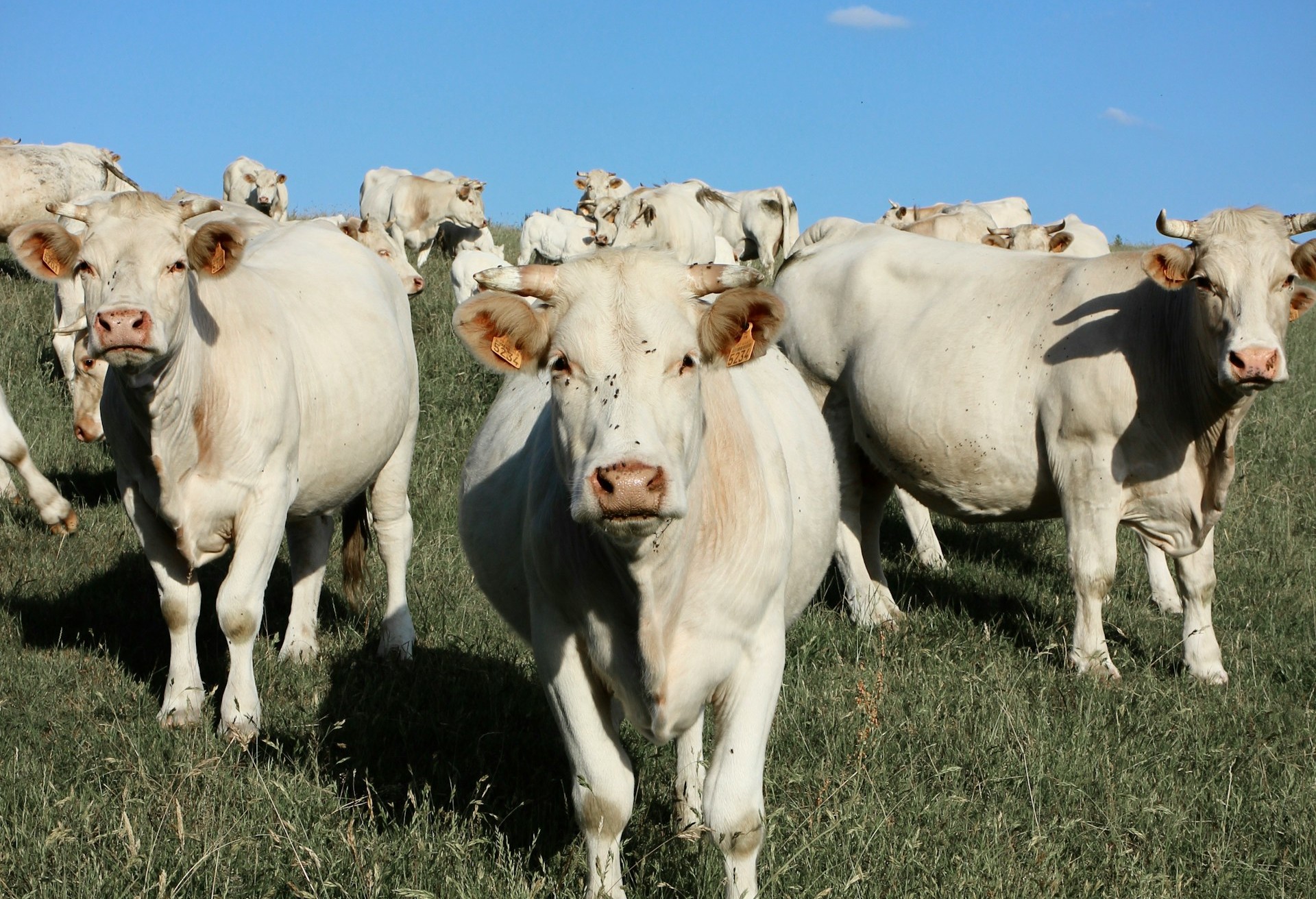Casablanca – Morocco is strengthening its position as a regional hub for the textile industry, attracting substantial foreign investments in both manufacturing and machinery amid global shifts toward sustainable and smart production.
Recent developments include a $237 million investment by China’s Sunrise Group, which plans to build two large-scale industrial units in Fez and Harhoura. The facilities will produce yarns, fabrics, and ready-made garments, and are expected to generate approximately 7,000 direct jobs and more than 1,500 indirect ones. This initiative forms part of a broader strategy to deepen Morocco’s integration into global textile supply chains.
According to the national textile and apparel industry association, the agreement with Sunrise follows 15 months of negotiations and reflects Morocco’s increasing attractiveness as a base for international manufacturing. The investment is also expected to reduce reliance on textile imports—currently valued at around $4.12 billion annually—by strengthening domestic supply chains and boosting the availability of locally produced thread and fabrics.
Industry representatives note that textiles and garments remain the leading employers within Morocco’s industrial sector, accounting for over 240,000 registered workers. The Sunrise project is seen as a key step toward enhancing local production capacity, lowering costs, and improving the global competitiveness of Moroccan enterprises.
Machinery manufacturers target Morocco
Alongside developments in manufacturing, leading European producers of textile machinery are stepping up their engagement with the Moroccan market. Among them is German-based Monforts, a historic name in the textile equipment sector, which has identified Morocco as a priority market due to growing demand for high-performance machinery.
The company is set to participate in the Morocco Stitch & Tex 2025 exhibition, taking place from May 13 to 15 in Casablanca. It will present several of its energy-efficient solutions—including dryers, dyeing systems, and shrinking units—that are aligned with global sustainability objectives.
A senior company representative emphasized Morocco’s emergence as a strategic hub for efficient and technology-driven textile production. The notable increase in textile machinery imports, they observed, signals a wider industry transition toward modernized manufacturing processes and the enhancement of value chain capabilities.
Strategic geopolitical and economic advantages
Observers highlight Morocco’s advantageous geographic location and trade network as key to its industrial appeal. Its proximity to European markets and free trade agreements with the United States position the country as a competitive option for companies seeking to diversify supply chains in response to post-pandemic adjustments and international trade shifts.
The textile sector’s broader economic footprint is also significant, generating over $5.15 billion in annual revenues—more than $3.7 billion of which come from exports. Its value-added contribution exceeds $1.65 billion, making it a cornerstone of Morocco’s industrial landscape.
Industry analysts suggest that Morocco’s infrastructure and skilled workforce are critical factors driving foreign interest. Recent investments by global players in both production and machinery segments are widely seen as a vote of confidence in Morocco’s long-term potential as a regional textile leader.
Outlook: Morocco’s industrial sovereignty
Officials and experts agree that the latest wave of investment supports not only economic development but also national ambitions to build industrial sovereignty. By advancing domestic capabilities across the textile value chain, Morocco aims to reduce import dependency, shorten delivery times for international orders, and consolidate its role as a reliable partner in global trade.
With sustained policy support, competitive labor, and strategic location, Morocco is well-positioned to play a pivotal role in the evolving landscape of sustainable and intelligent textile manufacturing.
















